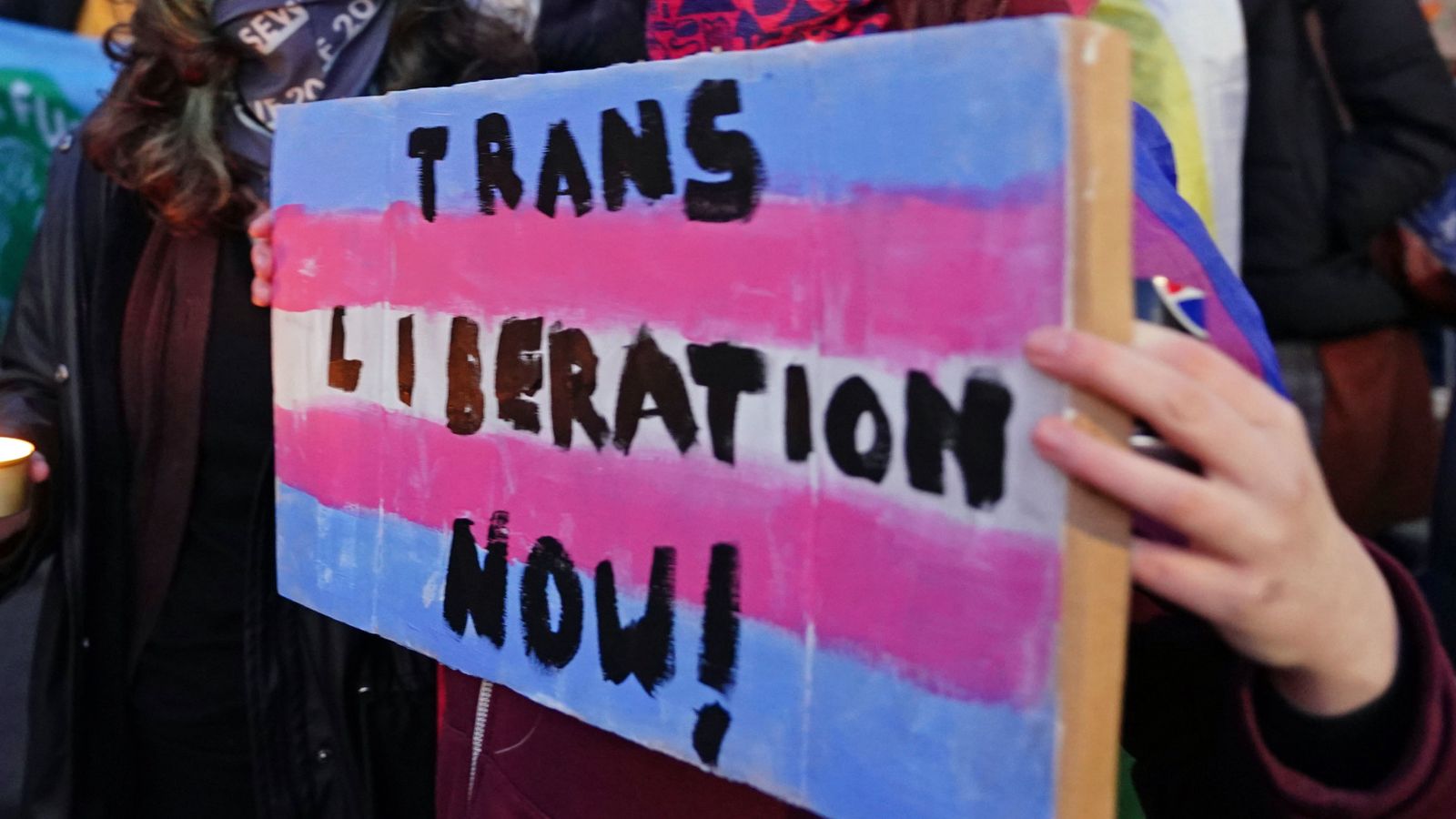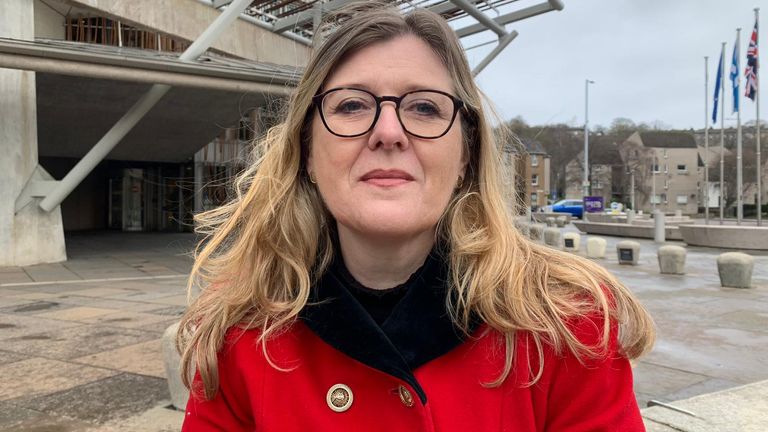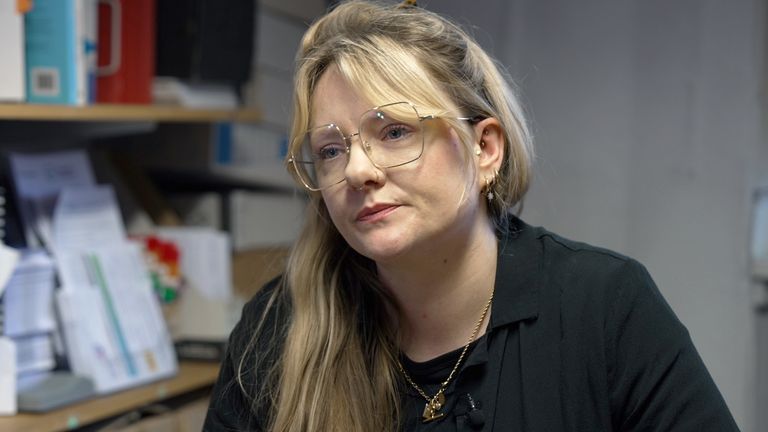There are fears innocent people could end up on police databases with controversial new hate crime laws in Scotland being weaponised to “settle scores”.
Legislation is being introduced on 1 April criminalising threatening or abusive behaviour which is intended to stir up hatred based on certain characteristics including age, disability, sexual orientation, and transgender identity.
The rules will apply in people’s private homes and online.
Women’s groups, which have been vocal in the transgender debate in Scotland, fear social media posts could be used to target opponents.
Susan Smith, director at the For Women Scotland campaign group, said: “It’s a mess.
“Much of this is very vague as stirring up offences seems to be based on someone’s perception that someone is being hateful towards them, and they can make a complaint and the police are saying they will investigate everything.”
“There will be a lot of malicious reports,” added Ms Smith.
“We know that there are people out there who have lists of people they are looking to target. They are seeing this as an opportunity to settle scores and make political points.”
JK Rowling and Elon Musk have publicly criticised the change, suggesting it erodes free speech.
Those who support the law insist it will make Scotland more tolerant.
Rebecca Crowther, chief executive of Equality Network in Scotland, told Sky News: “This legislation is not going to catch people online saying things that I might disagree with, that you might disagree with, things that might upset me, things that might upset others in the community.
“Freedom of expression is really important, and there’s a defence for that within the legislation.
“People are free to say what they like, even if it might cause offence or it might cause shock or disturb people, that’s just what we live with when we live with the freedom of speech.
“What it does legislate against is when that freedom of speech strays into something that is abusive, that could cause fear and alarm, and that also incites hatred or incites people to act on that hatred.”
Police Scotland, the second largest force in the UK, has committed to investigating every single hate complaint it receives.
It comes amid a backdrop of major changes to policing that mean some minor crimes will no longer be investigated due to budget cuts.
‘Disaster waiting to happen’
Lanarkshire shopkeeper Abdul Majid says he has lost thousands of pounds a year in petty shoplifting that the authorities have not fully investigated.
He reckons the cumulative impact on his business is £10,000 a year and is “frustrated” at the contrast in policing priorities as the new hate crime regime begins.
He describes taking matters in to his own hands: “Because of the lack of prosecution, we have made a rogues’ gallery in the shop.
“We have the date and time of the shoplift and a bit of background about what they’ve taken and what they look like.
“All crime in my opinion should be investigated, whether it be hate crime or retail crime.”
Read more:
First minister: ‘Disinformation’ being spread about hate crime law
Those representing thousands of rank-and-file police officers say the two-hour online training course provided in preparation for enforcement is not good enough.
David Kennedy, general secretary of the Scottish Police Federation, described it as a disaster waiting to happen.
He said: “I have real concerns that mistakes could be made. Officers are drained. We are not getting any extra resources to deal with this.
“Officers on night shift have a mandatory two-hour online training.”
Police Scotland refused to be questioned by Sky News on camera about the new law.
A statement from a spokesman said: “Our training package has been developed in close consultation with diversity staff associations to ensure all protected characteristics under the new Act are clearly represented and articulated, and that officers are best prepared when they respond to hate crimes and incidents.
“In addition to the training package, an extensive programme of workshops is taking place to allow officers to gain more understanding and ask any questions they may have.”




